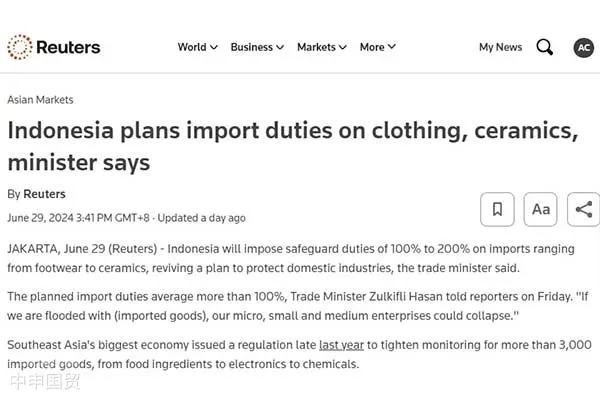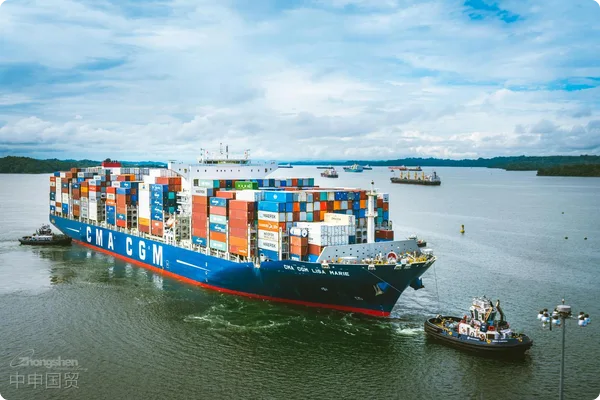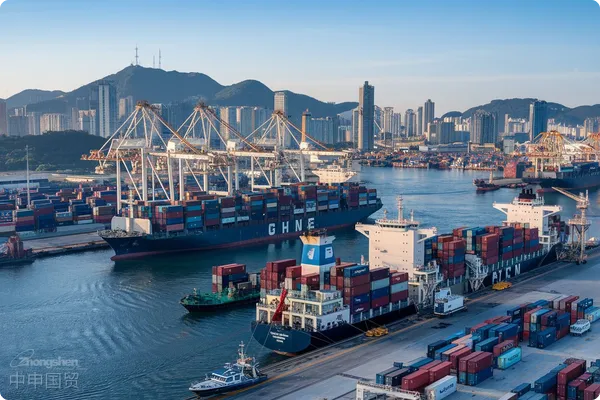- Shanghai Zhongshen International Trade Co., Ltd. - Two decades of trade agency expertise.
- Service Hotline: 139 1787 2118
Recently, Indonesian Trade Minister Zulkifli Hasan announced publicly that Indonesia will impose safeguard tariffs as high as 100% to 200% on imported products such as footwear, apparel, textiles,Cosmetics & Personal Careand ceramics. This policy aims to revive and strengthen domestic industry protection measures and is expected to take effect after relevant regulations are issued.

Another New Tariff Policy Targeting China
Hasan explained that due to shifts in global trade patterns, particularly the impact of the China-US trade war, Chinese products have become oversupplied in international markets. Many products originally destined for Western markets, after being rejected, have turned to other markets including Indonesia. This shift has created significant pressure on local industries, as the influx of large quantities of low-priced imports threatens the survival of Indonesias MSMEs (Micro, Small, and Medium Enterprises).
Trade Minister Zulkifli Hasan emphasized that if the unrestricted influx of imported goods continues, Indonesias micro, small, and medium enterprises may face the risk of closure. He explained that this policy aims to ensure the survival and development of Indonesias MSMEs and industries in a highly competitive market environment.
Historical Context and Drafting of New Regulations
At the end of last year, the Indonesian government issued regulations strengthening oversight of over 3,000 imported goods, covering various sectors from food ingredients to electronics and chemicals. However, the regulations were later revoked as domestic industries deemed them too restrictive, hindering the flow of necessary imported materials.
In response to domestic industry concerns and to more precisely protect local industries from import shocks, the Indonesian government is drafting a new ministerial regulation. This new regulation will focus on sensitive sectors such as footwear, apparel, textiles, cosmetics, and ceramics, and plans to restrict imports of these goods through high safeguard tariffs.
Primary Objectives and International Impact
Indonesias Trade Safeguards Committee is actively investigating to determine specific tariff rates. According to data from Statistics Indonesia, the country mainly imports apparel and accessories from China, Vietnam, and Bangladesh. Therefore, products from these countries may become primary targets of Indonesias new tariff policy.
Although the new tariff policy may attract international attention, the Indonesian government has made it clear that this policy is intended to protect domestic industries from unfair competition. With the official release and implementation of relevant regulations, Indonesias trade policy will enter a new phase, while also having profound impacts on its domestic industries and the international trade landscape.
Plan to Increase VAT to 12%
In addition to the new tariff policy, the Indonesian Ministry of Finance also plans to increase the value-added tax (VAT) to 12%. This policy has been included in the 2021 Tax Law No. 7 on Tax Regulations (UU HPP) and will officially take effect on January 1, 2025.
According to Article 7, Paragraph 1 of the Tax Regulations under the Tax Law, the original 10% VAT rate was increased to 11% on April 1, 2022, and will be further raised to 12% on January 1, 2025. If the next government agrees to the VAT increase, this adjustment will be incorporated into the 2025 State Revenue and Expenditure Budget (APBN).
Economists Perspectives
Yusuf Rendy Manilet, an economist at the Indonesian Center for Economic Reform (CORE), stated that the increase in the VAT rate needs to be implemented at an appropriate time. Aligning the adjustment with the right timing means that the VAT rate increase policy should be coordinated with government policies related to inflation or wage hikes to avoid excessive economic impact.
On the other hand, Yusuf pointed out that the government could actually opt to implement a progressive VAT policy, meaning that VAT would no longer be a single rate but would instead adopt multiple rates based on the goods consumed by different income groups.
Potential Impact on Indonesias Economy
These policies by the Indonesian government will undoubtedly have a profound impact on the domestic economy. First, the implementation of high safeguard tariffs will directly affect the prices of imported products, potentially leading to higher consumer prices. However, this policy will also provide a fairer competitive environment for local micro, small, and medium enterprises (MSMEs), helping them gain a foothold in the market.
Second, the VAT increase will directly affect consumers purchasing power, with the impact likely being more significant for low-income groups. However, by implementing multiple rates, the government can mitigate this impact to some extent.
Related Recommendations
? 2025. All Rights Reserved. Shanghai ICP No. 2023007705-2  PSB Record: Shanghai No.31011502009912
PSB Record: Shanghai No.31011502009912










